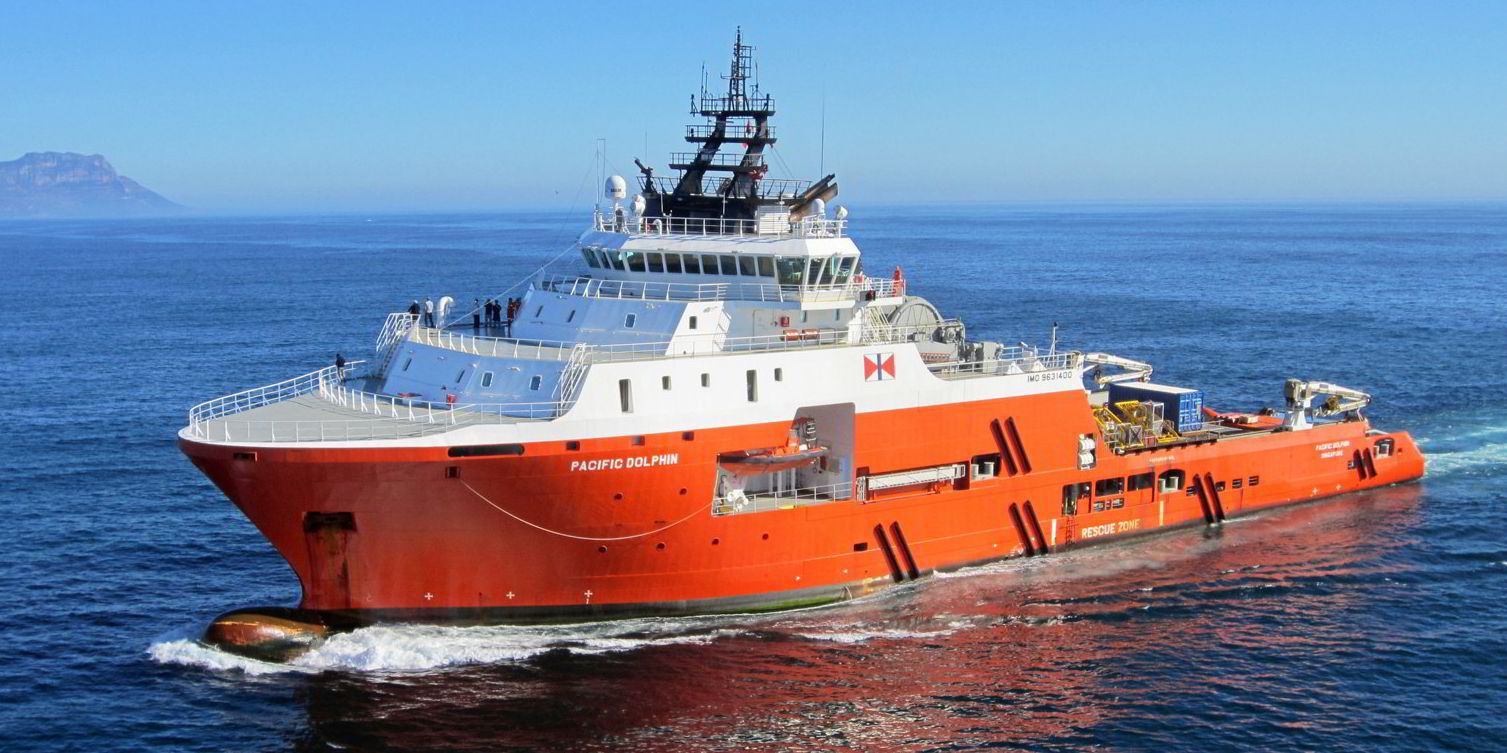Tidewater has offloaded over 130 vessels since 2018 and raised much-needed cash in the process, the latest research shows.
The US offshore vessel owning giant has sold 60 ships for further trading and around 70 vessels for demolition, according to data from VesselsValue.
“Since around 2018, Tidewater has been aggressively selling their non-core tonnage to modernise their fleet,” said Rob Day, head of offshore at the online valuation and market intelligence provider.
“This has allowed them to accumulate an estimated $140m war chest with an estimated $100m for all secondhand sales from 2018 and estimated around $40m for all demolition sales from 2018.”
Day said Tidewaters’ recent acquisition of Singapore’s Swire Pacific Offshore (SPO) for $190m, the company’s biggest power play since its acquisition of GulfMark Offshore four years ago, helps fill the void created by reducing their overall fleet number.
The acquisition of SPO takes Tidewater to 203 vessels with a combined value of $1.45bn, according to VesselsValue data.
Day said with the acquisition, Tidewater became a “fully global player” combining its main areas of operation in the North Sea, US Gulf of Mexico, West Africa, Egypt, and the Middle East with those of SPO have a strong presence in West Africa, Southeast Asia, and Australia.
In addition, Tidewater has a small exposure to the large anchor handler market, with five vessels between 13,000 bhp and 16,000 bhp, the majority of which are working in West Africa.
“The purchase of SPO will give them access to Swire’s well-respected D class very large anchor handlers, modern, young, and high bollard pull,” said Day.
“Again, the large AHTS market has recently witnessed a sharp tightening, and there are limited sale-and-purchase candidates.
“On the chartering side, large AHTS rates are firming, and they are in high demand from both the renewables and oil and gas sector,” he added.
By acquiring SPO, Day said Tidewater has also gained access to 18 high-quality large PSVs with an average age of less than seven years.
“Both this size and specification of vessel have experienced a firming in value during late 2021 and early 2022, and a significant reduction in sale and purchase candidates,” he said.
“Thus, the SPO acquisition allows Tidewater to add assets quickly and concisely to their fleet, and not become victim to increased owners asking prices and/or increased buying competition.”
Looking ahead, Day said the SPO transaction primes Tidewater to take full advantage of any changing market conditions and set themselves apart from their competitors.
“It will be interesting to see how other large OSV owners react to this news and what strategies they put in place to compete with the new Tidewater/SPO fleet in the long term,” he said.





